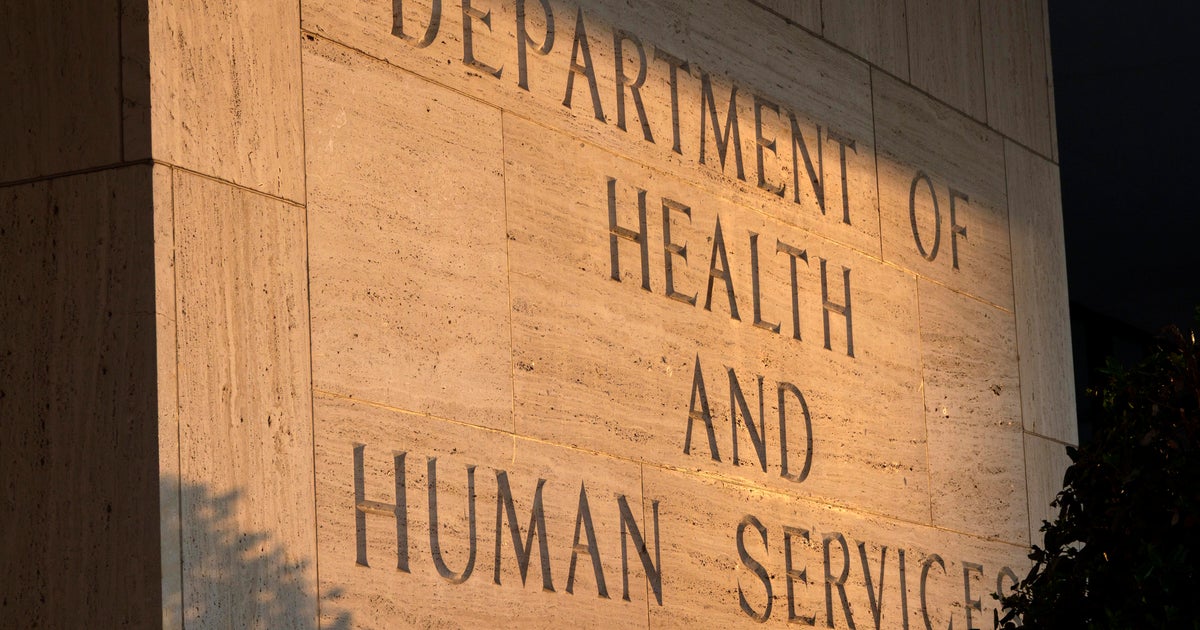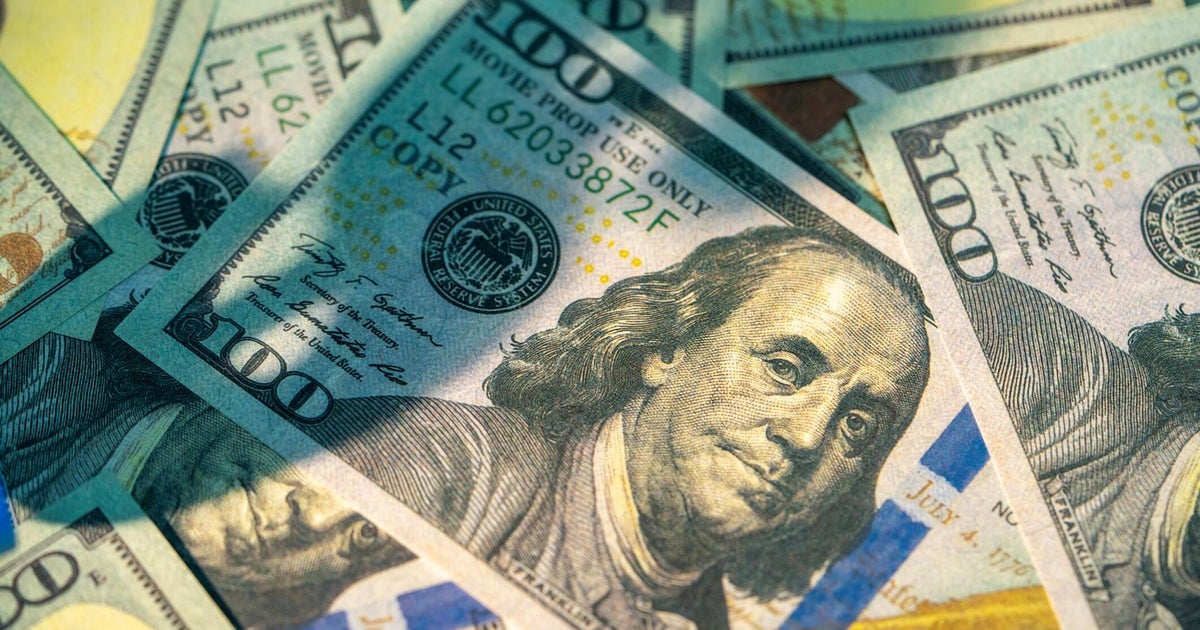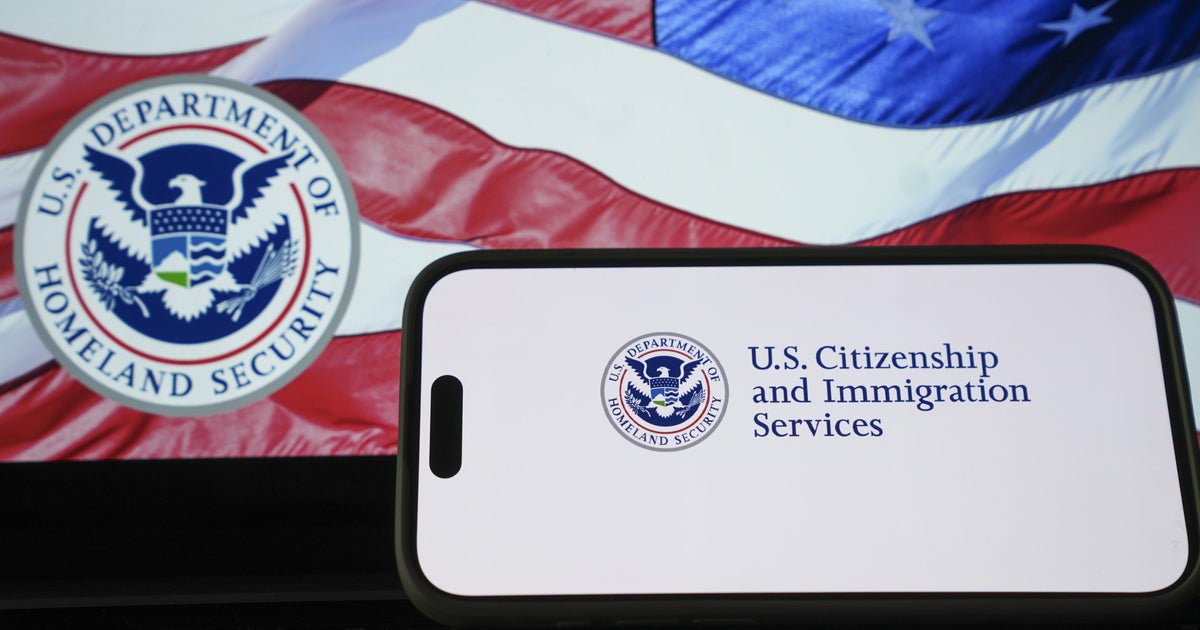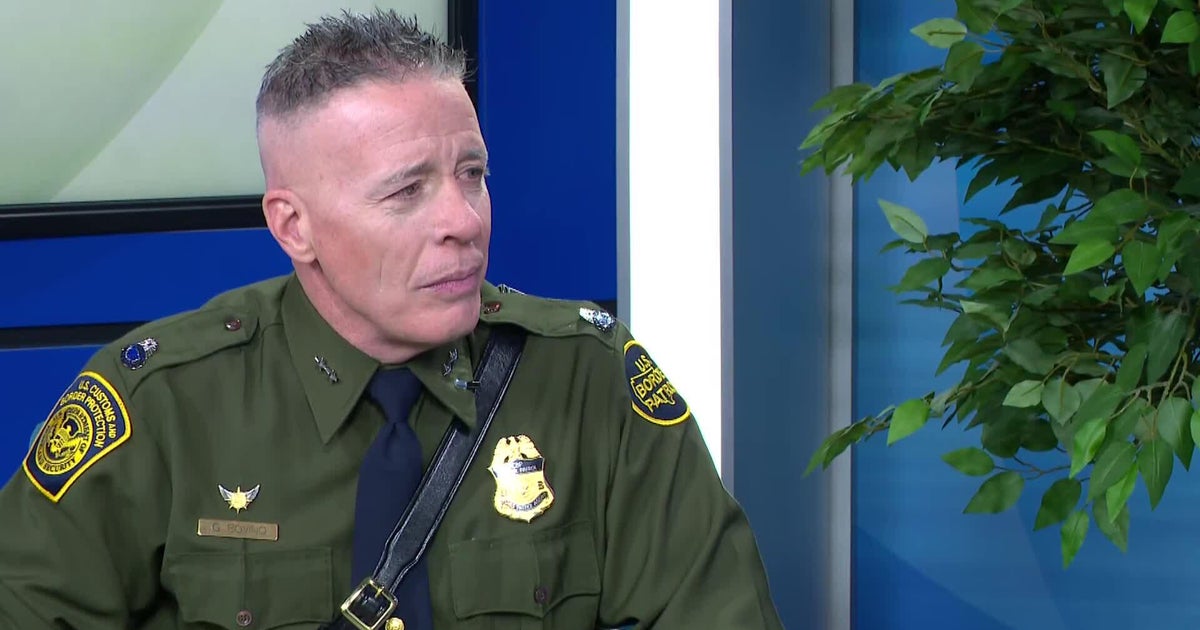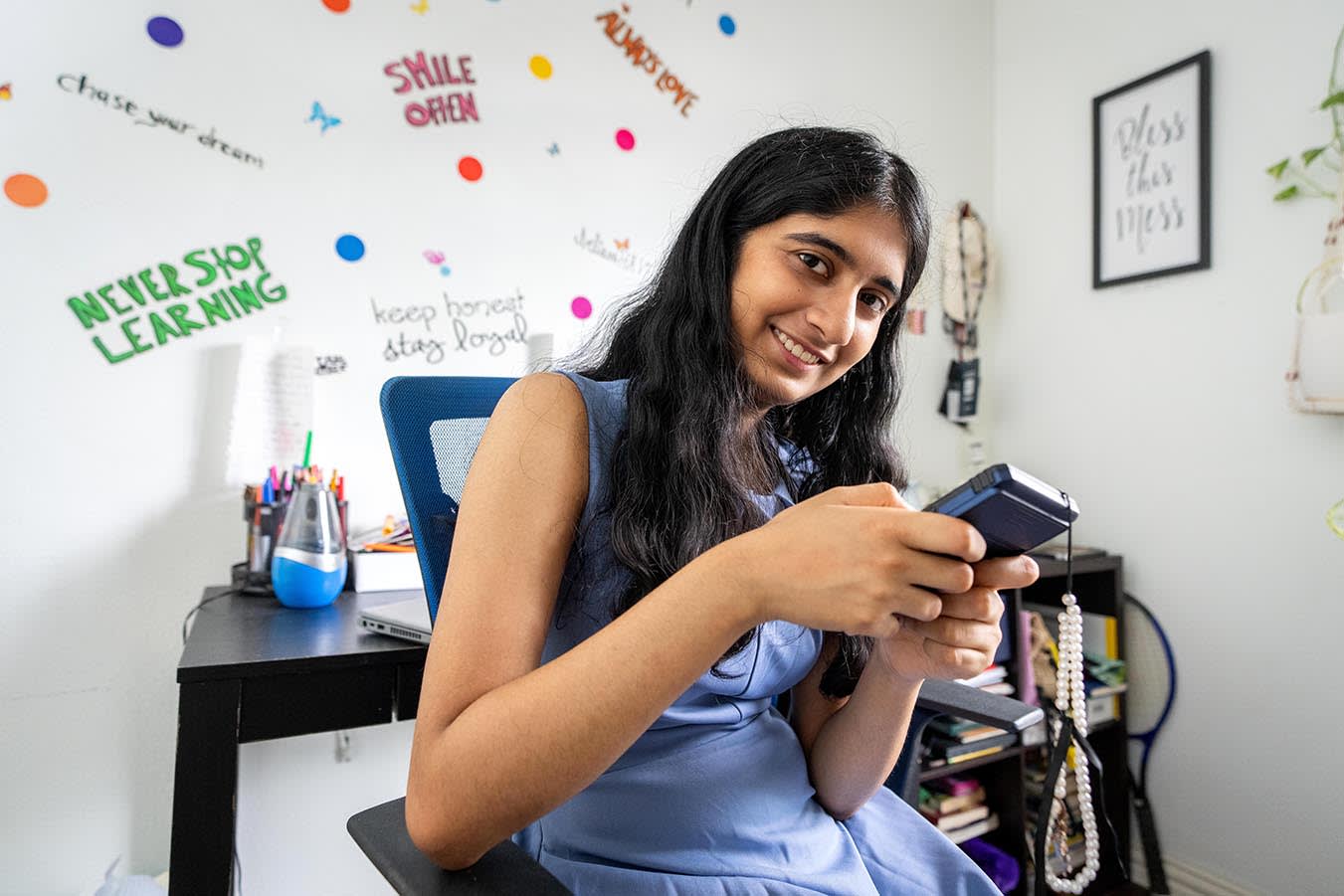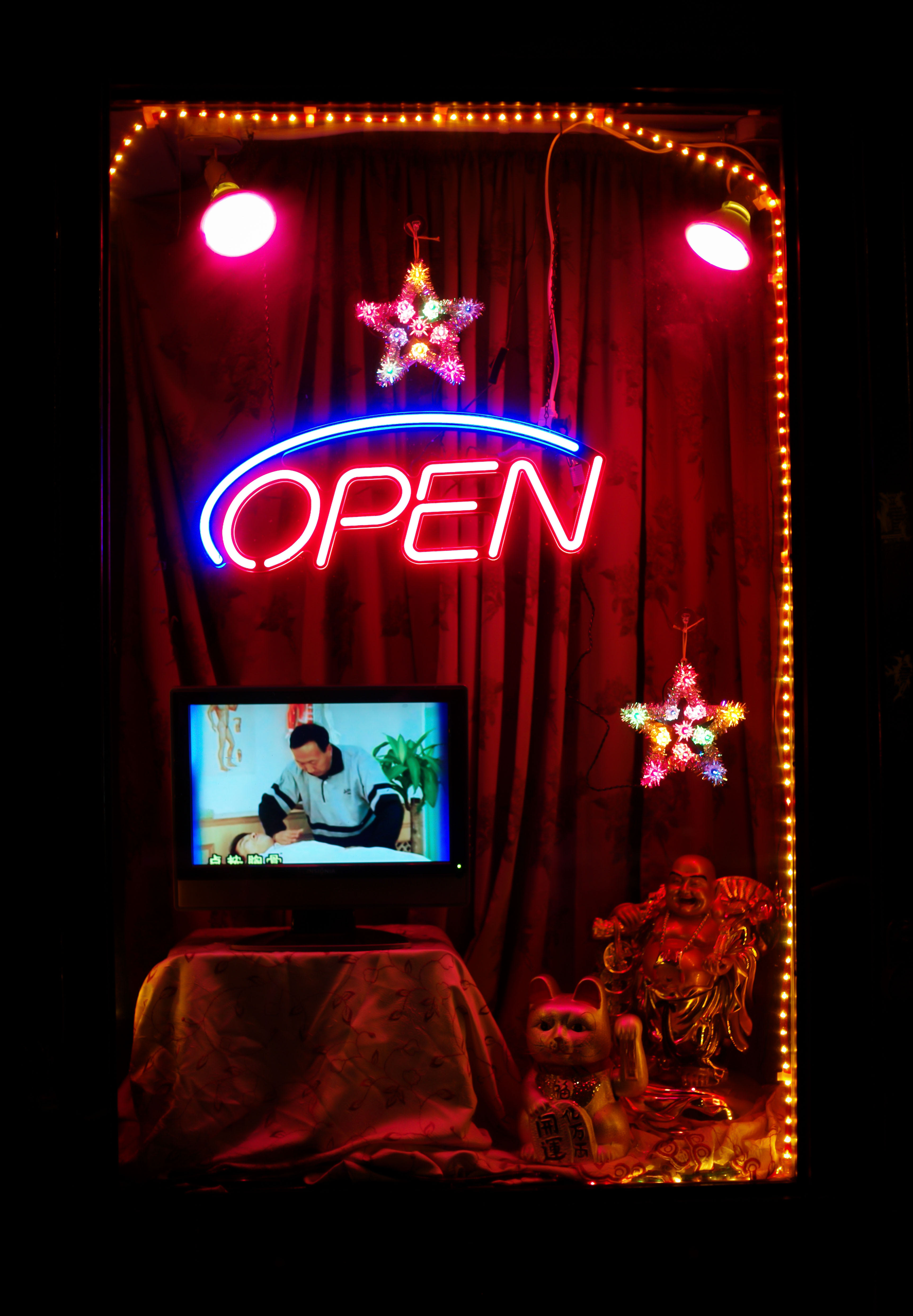Crackdown on unemployment fraud in California is "complete disaster" for some with legitimate claims
A massive effort to stop unemployment fraud could be hurting many of those who need benefits the most. California's Employment Development Department said it froze about 1.4 million accounts that may be fraudulent.
Now, many jobless Californians with legitimate claims are struggling to get their money.
Gonzalo Arceo cares for his 14-year-old daughter Emily, who has disabilities.
"I'm her voice. I'm her legs because she doesn't walk. I'm her legs," he told "CBS This Morning" consumer investigative correspondent Anna Werner.
But in March, his construction work dried up due to the coronavirus.
He got unemployment benefits from the Employment Development Department. California pays that money in the form of Bank of America debit cards, but at the end of June, Arceo saw purchases he says he didn't make. One was at a store in Canada, and another was a large withdrawal.
"It was $1,000 of an ATM. Here in California, but like two hours away from where I'm from," he said.
The bank paid back his money, but then in October, the EDD blocked his card. They told him he needed to prove his identity, so he sent the required documents. But after that, he says Bank of America froze his account, holding back the more than $8,000 he needed to support himself and his daughter.
Arceo said he feels "betrayed" by the EDD and Bank of America and "that I'm not important, that I'm just a set of digits."
And it's not just Arceo. Tens of thousands of unemployed Californians have had their accounts frozen.
The pandemic caused millions of people to apply for benefits, overwhelming the system. Criminals then exploited it. Some used prisoners' names, including convicted killer Scott Peterson's, to steal over $400 million. Prosecutors charged one woman with masquerading as U.S. Senator Dianne Feinstein to get money.
Even a rapper, who goes by Nuke Bizzle, bragged in a YouTube video about making off with state unemployment funds.
"I done got rich off of EDD," he said. He was later charged with fraud and pleaded not guilty.
"It's just a complete disaster. And it's a disaster that is deeply harming millions of Californians," said California State Senator Scott Wiener.
A disaster because in order to combat the fraud, Wiener says, not only were bogus accounts shut down, but so were hundreds of thousands of legitimate accounts.
"I understand there's a fraud problem, but they need to stop throwing the baby out with the bathwater," he said. "And stop forcing people into homelessness, frankly."
One problem is that many are stuck in a merry-go-round between the EDD and Bank of America.
"I went to use my card and it was declined," said 55-year-old Janet Riegel, who got her debit card in early December.
She reported that someone stole over $1,000 from her account. Her account was frozen but now, she says, she can't access the roughly $6,000 in benefits held there.
"When you call EDD, they say Bank of America closed it. When you call Bank of America, they say EDD closed it. And so there's no resolution," Riegel said.
Asked what she has lost because of this, she said, "Everything I own was in storage. I was in the process of moving during this time and I couldn't pay my storage, and all my belongings were sold three days before Christmas."
EDD told CBS News anyone whose accounts were recently frozen by the state must verify their identity for the state to resume payments. But they said if the bank has flagged potential fraudulent claims, only Bank of America can resolve those issues.
But that doesn't help Riegel, whose most recent calls to Bank of America had her sent back, once again, to EDD. And they didn't answer.
"They don't care," she said. "I can't do anything. Except I have piles and piles of notes and I've called unemployment and B of A like every other day for three months."
Bank of America is now working to resolve Riegel's problems. It reopened Arceo's account after the CBS San Francisco station KPIX reported on his case.
The bank said it's working to resolve all these cases as quickly as possible to ensure legitimate recipients have access to their money.
If you have experienced similar problems, email consumer@cbsnews.com. Please include a phone number where you can be reached.
